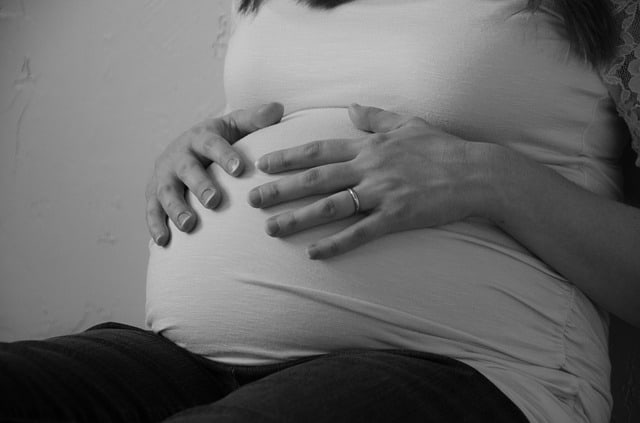Pregnancy can be one of the most vital and sensitive times in a woman’s life—every mental and physical decision counts in making sure the fetus grows into a healthy, happy baby. For example, you may have a passion for skateboarding, but this may not be the best activity during pregnancy.
In the same vein, the choice of what you ingest, especially drugs and alcohol, can affect or even hurt your baby’s health. This is because many substances easily pass through the placenta—where the fetus is nursed—including any drugs you ingest or smoke. Research has shown that some drugs can increase the chances of stillbirth, mental disorders, or physical defects in newborns, as well as being passed through breastfeeding.
There are a countless amount of drugs in the world, and many frequently used and known to cause specific risks, making abstinence from drugs crucial in pregnancy.
Cigarettes
Smoking during pregnancy—be it with cigarettes or e-cigarettes—has been proven to cause harmful effects to developing babies with their high source of tobacco and nicotine. These include physical birth defects in the mouth, lips, and lungs, as well as premature birth, brain damage, and even sudden infant death syndrome. In fact, being passively and consistently exposed to second-hand smoke can also be dangerous.
Some may believe that e-cigarettes may be a safe alternative, but this is not the case. Any tobacco products containing nicotine can be dangerous, and some of the flavorings used for e-cigarettes specifically can also harm a developing fetus.
Breaking the addictive habit of smoking or use of other tobacco products before pregnancy is simply the easiest way to avoid risk, and there are many doctors and professionals willing to help.
Alcohol
Past research indicates that having a moderate amount of alcoholic beverages, such as a simple glass of wine, during pregnancy is fine on occasion. However, like with anything in life, this should be done in strict moderation, and ultimately, there is no known safe amount to drink.
Excessive drinking and use of alcohol can, in fact, be very dangerous for a pregnant mother and her developing baby. As the alcohol is exposed to the baby in development, a variety of physical defects and disabilities may form, or even the possibility of stillbirth or miscarriage.
These dangers go under the label of fetal alcohol spectrum disorders, and drinking within even the first three months of pregnancy can be risky. Consider stopping drinking or dealing with any kind of alcohol addiction before pregnancy.
Illegal Drugs
There are several types of illegal drugs that continue to be abused by many addicts, including heroin, cocaine, cannabis, LSD, and many more. Some are used for medical reasons, but can adversely affect pregnant women and their babies with a number of physical and psychological defects.
Cannabis is often abused to help users relax, especially when going through stressful life events like pregnancy; however, cannabis use during pregnancy can impact the health of the baby and even create developmental problems as those babies grow to adolescents. Cocaine abuse can not only lead to miscarriages, but also health problems in the mother, such as maternal migraines, seizures, and even difficulties during delivery.
Abusing drugs of any kind during pregnancy create numerous risks, not only potentially harming the fetus in development, but also the mother who is already dealing with the burdens of pregnancy. Quitting drugs—especially when under an addiction—can be difficult, but for the safety of potential mothers and their children, it is best to stay away from drugs entirely during the difficult nine months leading to childbirth.

If you or a loved one struggles with drugs and is considering pregnancy, contact a local Treatment & Rehab Alternative program in Tennessee. You might also investigate Discovery Place’s own treatment center alternatives, such as our 30 Day Residential Addiction Recovery Program or our Long Term Recovery Program in Burns, Tennessee. Call us for a free consultation at 1-800-725-0922.

